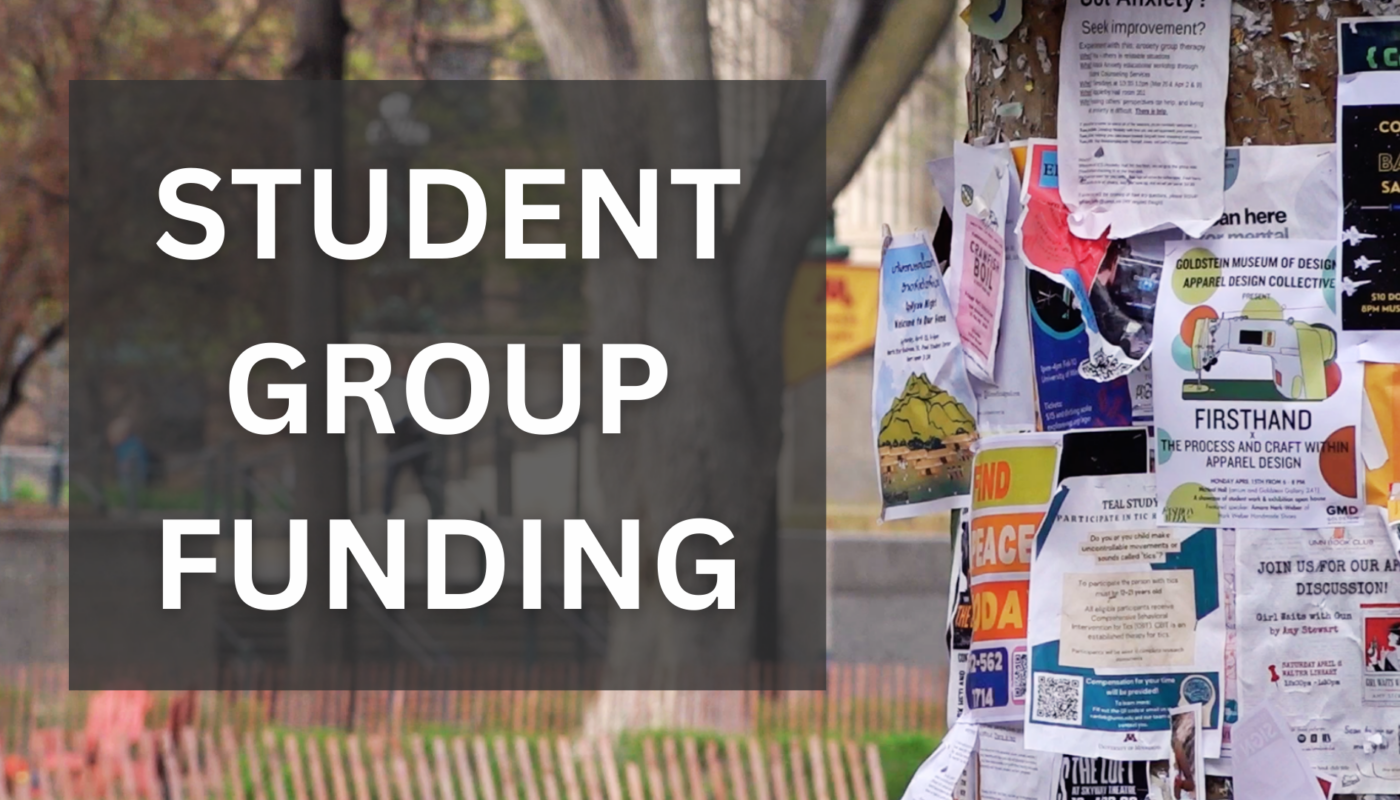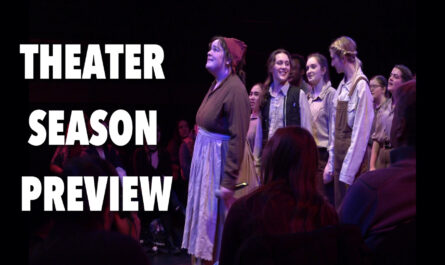Last month, the Asian Student Union hosted its annual Light Up the Night event showcasing student organizations across the Asian diaspora. Many large events around campus, like Light Up the Night, are funded by the Student Services Fee.
Saif Azmi, president of the ASU, said the organization needed additional funding for the event location, food and decor.
“We got 17.5k for a lot of the night and then we got a few more for like other events, but we needed 17k because about 12k went to our event location,” Azmi said. “So that took a big chunk of it. And then the rest of it was mostly food.”
The Student Services Fee provides support for campus community events and operations. To receive SSF funding, student groups must complete a nine-step application process and request equal to, or greater than $1,000.
For programming that has a price tag below $1,000, groups turn to fundraisers or apply for Undergraduate Student Government grants.
Mina Zhang, communications director for USG, said the organization offers grants to student groups, often to supplement SSF funds.
“There are different grants programs through the university, but those applications are pretty rigorous, and it’s really difficult for a lot of smaller student groups to be able to get funding for one of them,” she said.
This past year, USG received $128,424, and $30,000 went to its grants initiative. But this year, grant requests totaled more than twice that amount at over $66,000.
USG said this is representative of an increase in small groups and events requesting money. The influx of requests led the organization to propose a 1 dollar and 18 cents increase to the SSF to help fund the grant program.
The Student Services Fee Committee, which sends recommendations to the Vice President for Student Affairs to approve the allocation of funds for groups and events, denied the increase. During the 2024 Campus Elections, 60% of undergraduate voters supported USG’s proposal.
According to USG, the committee said it is not necessary for the organization to expand its grant program, when there are other grant programs where student groups can get funding.
But some groups, like the ASU, say, wherever it comes from, there should be more money available.
“Student groups are the most impactful way we have of letting people have the space of expressing their needs and expressing their culture. We all have the creativity, genius, art to bring this together. We just need the university’s support and finance.”
While USG said they will likely maintain a budget of $30,000 for its grants program, Student Unions & Activities recommends student groups with financial concerns contact their student group adviser.




